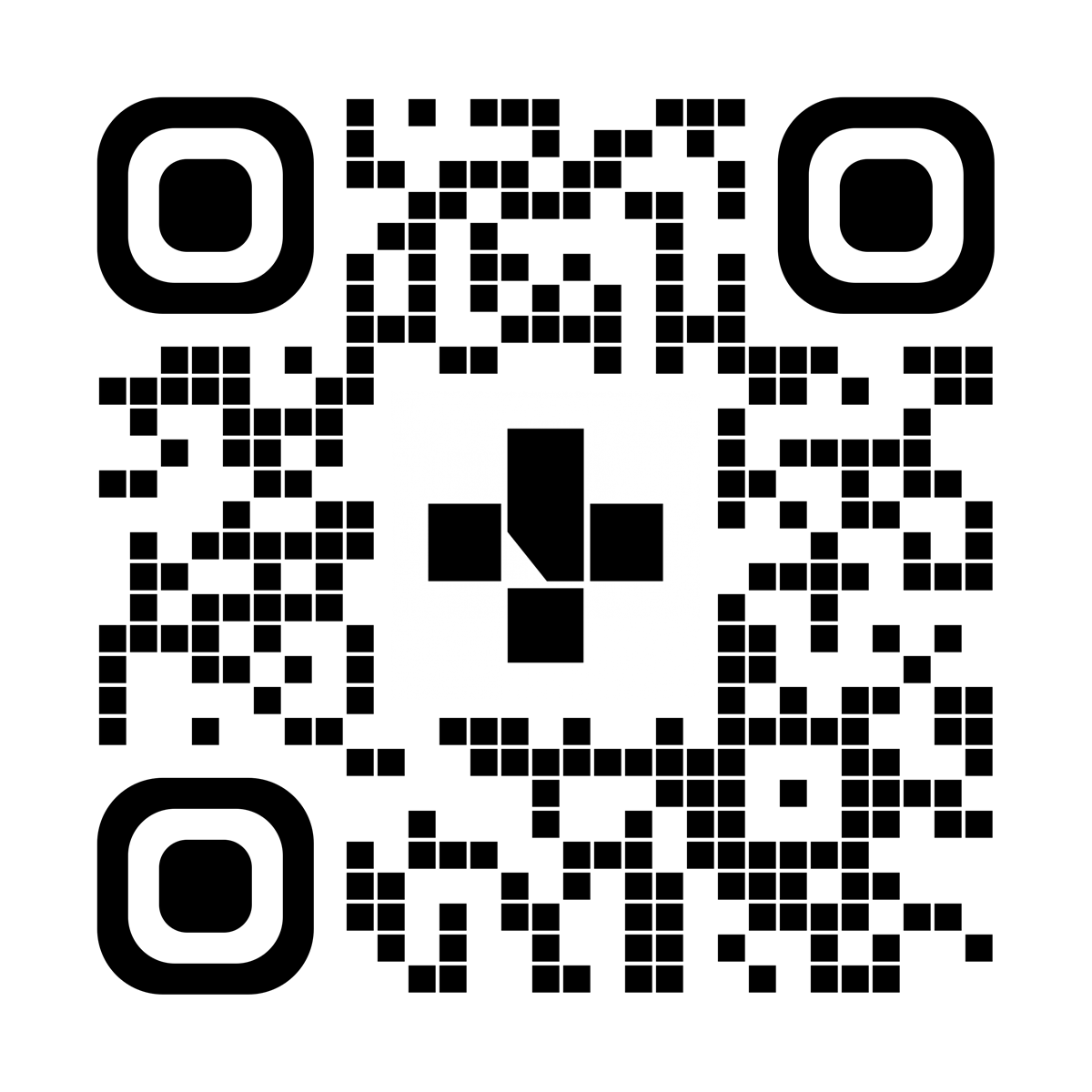Helping Children and Teens Recover After a Disaster or Emergency
Care instructions
During a disaster or emergency, a child’s environment and routine will most likely change. Your child may feel and act differently because they might not understand what has happened. Your child or teen can lose trust and may be afraid that the event will happen again. Changes in behaviour can be part of how a child or teen copes.
After a disaster or emergency, try to get back to normal routines as much as possible. Reassure your child that they are safe, that you will protect them from danger, and that you will help if they are scared. This helps your child stay calm.
Teens may need more attention after a disaster. Your teen needs to feel that their fears are appropriate and are the same as fears other people have.
Like an adult, your child or teen can also have a delayed reaction to what they’ve been through.
Common stress reactions
Everyone responds differently after a disaster or emergency. And children and teens don’t react the same way as adults.
All the signs of stress listed below are common after a disaster or emergency. Usually these reactions ease over time. However, media reports, anniversaries, or experiencing a similar disaster or emergency may trigger stress from the past.
If stress is affecting your child or teen’s home and school life, you may need to ask for support from a trusted friend or family member or a healthcare provider.
Children under 5 years old may:
- be more afraid to be left alone
- have changes in eating (like being more picky, less picky, eating more, or eating less)
- whine, cry, or cling
- need more soothing or sucking
- startle more easily or have new fears
Children 6 to 12 years old may:
- get quieter and withdraw more
- go back to behaviours they did when they were younger
- act out or have problems concentrating or following instructions
- have problems at school
- have disruptive behaviours such as outbursts of anger and fighting
- repeat scenes from the stressful event when they play
Teens (12 to 18 years) may:
- have trouble sleeping
- eat too much or eat too little
- act out or rebel more
- have problems at school or with schoolwork
- have physical problems (like headaches, aches, pains, and bowel problems) or changes to energy levels (like high energy or low energy)
- get quieter and withdraw, get depressed, or lose interest in social activities
- give in to group or peer pressure
How can I help?
After a disaster or emergency, help your child or teen cope by reducing tension, anxiety, and feelings of guilt. Give your child or teen some responsibilities, like caring for pets or helping someone. A meaningful task gives your child or teen something else to focus on.
Encourage good nutrition and sleep habits. This can decrease worry and help them to recover.
Helping your child
- Let your child talk about the event from their point of view. Let your child know you’ll listen to their concerns and questions. Explain that their feelings are normal and it’s OK to feel angry or sad.
- Limit how much your child sees or hears media and adult conversations about the disaster or emergency.
- Try to keep to your family’s routines. Make time to be together and to play together.
- Give your child a chance to be with other children their age, play with other children, and be active.
- Comfort and hold your child to help them feel safe and secure. Offer reassurance, especially at bedtime.
Helping your teen
- Get back to normal routines as much as possible.
- Talk about the disaster and plan what to do in future disasters. Encourage, but don’t force, your teen to talk about the event.
- Let your teen know it’s OK to talk about feelings. Listen to their feelings or concerns without judgment.
- Relax your expectations at school and at home.
- Encourage your teen to take part in community recovery work, like cleanup or rebuilding activities, as much as they can. Support them to get involved in regular social activities or clubs.
Important numbers and resources
If this is an emergency, call 911 right away.
Call Health Link at 811 to speak to a registered nurse any time day or night.
Help is available. Most of the phone numbers below offer telephone support 24 hours a day, 7 days a week. The hours for text messaging support or online chats may be different.
Adapted from Mental Health Promotion & Illness Prevention Team, Alberta Health Services.
To see this information online and learn more, visit MyHealth.Alberta.ca/health/AfterCareInformation/pages/conditions.aspx?Hwid=custom.ab_recoverydisasteremergency_childteen_ac.

For 24/7 nurse advice and general health information call Health Link at 811.
Current as of: April 29, 2025
Author: Emergency/Disaster Management, Alberta Health Services
This material is not a substitute for the advice of a qualified health professional. This material is intended for general information only and is provided on an "as is", "where is" basis. Although reasonable efforts were made to confirm the accuracy of the information, Alberta Health Services does not make any representation or warranty, express, implied or statutory, as to the accuracy, reliability, completeness, applicability or fitness for a particular purpose of such information. Alberta Health Services expressly disclaims all liability for the use of these materials, and for any claims, actions, demands or suits arising from such use.
